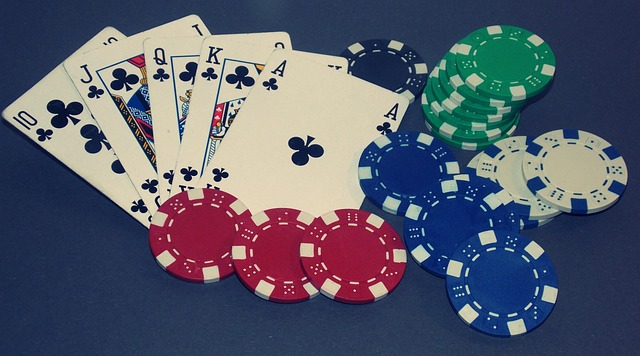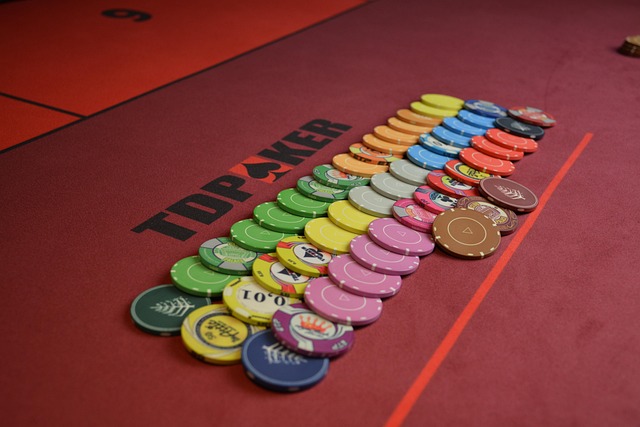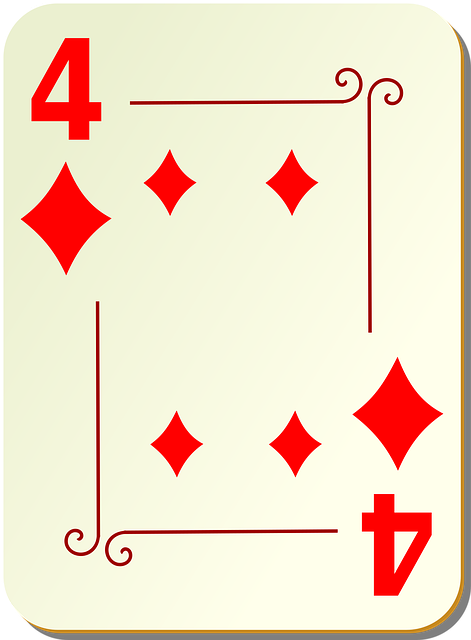Mastering Poker Tournaments requires understanding rules like structured blinds and time limits, adapting strategies based on formats (MTTs, sit-and-gos), analyzing pre-tournament data for opponent evaluation, and mastering gameplay involving hand rankings, odds, and dynamic table dynamics. Team communication enhances collective performance in team tournaments, while adaptability, bluffing, calculated risks, and folding at optimal times ensure competitiveness throughout the tournament.
Ready to elevate your poker game and conquer tournaments? This comprehensive guide unravels the secrets to success in Poker Tournaments. From grasping the intricate tournament structure and rules, to crafting a winning pre-tournament strategy, and mastering gameplay with dynamic tactic adjustments during play—each step is meticulously laid out. Elevate your skills, dominate the tables, and unlock the keys to victory in this exciting journey through the world of poker tournaments.
- Understanding Tournament Structure and Rules
- Building a Strong Pre-Tournament Strategy
- Mastering Gameplay and Adjusting Tactics During Play
Understanding Tournament Structure and Rules

Understanding the structure and rules of a poker tournament is a vital step on your path to victory. These events differ significantly from cash games, with structured blinds, specific time limits, and often, multiple stages. Before committing to a tournament, players should grasp its format—whether it’s a multi-table tournament (MTT) or a more fast-paced sit-and-go—as this dictates strategy, stack management, and decision-making.
Knowing the blind levels, time increments, and any special rules unique to the event is key. For instance, some tournaments allow re-entries after a certain stage, while others might have shootouts or bubble stages. Understanding these dynamics empowers players to navigate the tournament landscape effectively, adapting their playstyle to overcome challenges and advance through each level.
Building a Strong Pre-Tournament Strategy

Building a strong pre-tournament strategy is paramount to your success in Poker Tournaments. Before you sit down at the table, dedicate time to carefully study the game and your opponents. Analyze historical tournament data to identify trends and patterns, understanding the probabilities of winning hands can give you an edge. Additionally, assess your own playing style and adjust it accordingly; play more aggressively if you’re known for a conservative approach, or adopt a tight strategy if you tend to be loose.
Anticipating different scenarios and planning for them will enhance your performance. Know when to fold early to preserve chips for later stages, and recognize situations where bluffing could be effective. Effective communication with teammates (if playing in a team) is also crucial, sharing insights and strategies can collectively improve your tournament trajectory.
Mastering Gameplay and Adjusting Tactics During Play

Mastering gameplay is a cornerstone for success in poker tournaments. It involves understanding hand rankings, knowing odds and probabilities, and developing strategies to outmaneuver opponents. During play, players must be adaptable, adjusting their tactics based on card distribution, table dynamics, and their own hand strength. This requires constant observation of other players’ tendencies, betting patterns, and body language cues. A skilled player can use these insights to bluff effectively, make calculated risks, or fold when the odds aren’t in their favor.
Flexibility is key as poker is a dynamic game. What works in one situation might not be optimal in another. Players who excel at adjusting their gameplay can navigate through various table positions and opponent styles, ensuring they remain competitive throughout the tournament. This adaptability is what sets apart the winners from the runners-up, as it allows them to capitalize on opportunities and minimize losses when things don’t go according to plan.
Winning a poker tournament isn’t just about cards and luck; it’s a blend of strategic thinking, adaptability, and consistent performance. By understanding the unique dynamics of tournament play, crafting a robust pre-tournament strategy, and continuously refining your gameplay during each hand, you’ll increase your chances of success in any Poker Tournaments. Remember, it’s not just about reaching the final table; it’s about navigating through intricate strategies, managing your chips effectively, and emerging victorious.






